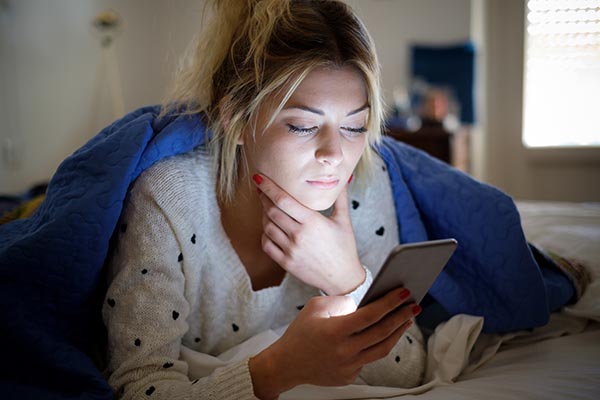A group of MPs has backed BACP’s call for more research to help understand the impact of social media on young people’s mental health and wellbeing.
The All-Party Parliamentary Group (APPG) on Social Media and Young People's Mental Health and Wellbeing says the social media industry should do more to protect children and young people online.
It has published a series of recommendations following a year-long inquiry; the first to specifically examine the impact of social media on the mental health and wellbeing of young people.
BACP submitted evidence to the inquiry urging that further study is conducted into the effects and extent of use of social media by young people.
And the APPG’s report quotes BACP’s evidence.
We told the inquiry: “There is not enough known currently about how social media affects children and young people. We cannot say for certain that it is possible to develop an entirely positive relationship with social media, in the same way that we cannot prove that social media only develops negative repercussions.”
Following the publications of the APPG’s report, Jo Holmes, BACP’s children, young people and families lead, said:
“These recommendations are an important step towards addressing the worrying impact that social media can have on children and young people’s mental health and wellbeing.
“Understanding more about both the positive and negative impacts of social media is key to protecting our young people, and so we’re delighted to see that the APPG has listened to our calls for further research and incorporated this into one of its recommendations.

The All-Party Parliamentary Group (APPG) on Social Media and Young People's Mental Health and Wellbeing says the social media industry should do more to protect children and young people online.
“We hear regularly from our counsellors that social media is having effects on young people’s confidence and self-esteem, can affect friendships and can increase their risk-taking behaviours. The impact stretches far from young people’s mobile phone or tablet screen to infiltrate their friendships, family life, school work and mental health.
“We also know the use of social media can also be positive. For some young people digital technology such as this can be a lifeline. It plays a huge role in connecting them to others and reducing loneliness.
“It’s vital we have further evidence on the impact of social media on young people so we can understand more about what the most appropriate measures are to allow young people to enjoy the positives of the digital world, while protecting them from the negatives.”
The APPG’s main recommendations include:
- Establish a duty of care on all social media companies with registered UK users aged 24 and under in the form of a statutory code of conduct, with Ofcom to act as regulator.
- Create a Social Media Health Alliance, funded by a 0.5% levy on the profits of social media companies, to fund research, educational initiatives and establish clearer guidance for the public.
- Urgently commission robust, longitudinal research, into understanding the extent to which the impact of social media on young people’s mental health and wellbeing is one of cause or correlation.
- Review whether the “addictive” nature of social media is sufficient for official disease classification.
Read more about our work with children, young people and families.
